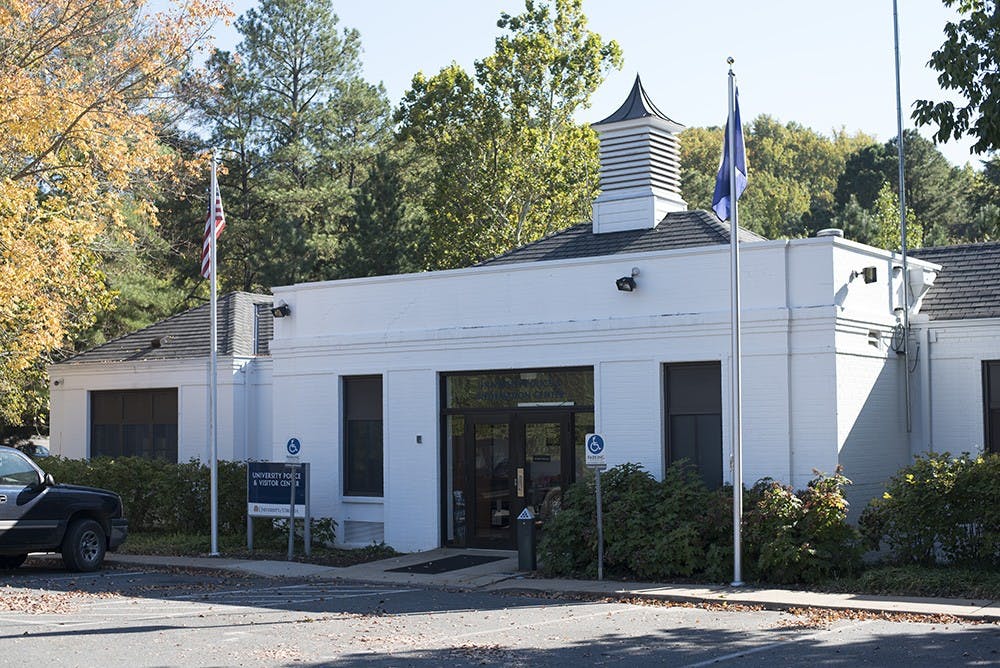This past week, Virginia Sens. Tim Kaine and Mark Warner joined fellow Democrats to unveil new policies for gun control legislation. The regulation includes high barriers to gun access for the mentally ill.
An individual with access to firearms is more likely to commit a mass murder or suicide, said Tim Davis, director of the University’s Counseling and Psychological Services.
Davis said lawmakers should avoid legislation that would permit the possession of firearms on college campuses. Some might believe such laws bolster protection, but they tend to be “very risky” and “misguided,” he said.
Like many other academic institutions, the University does not allow firearms on Grounds. Over the years, numerous bills allowing on-campus firearms have not passed, University spokesperson Matt Charles said.
“The University prohibits weapons on Grounds through regulatory action,” Charles said.
The recent increased attention to suicides on college campuses is somewhat misleading, Davis said. The rate of college suicide is half of what it is nationally.
“When suicide happens in a college campus, it tends to be publicized because those communities are close-knit,” Davis said. “We’re still trying to figure out what makes college campuses safer for suicide risk.”
Research on the link between low suicide rates at colleges and the prohibition shows there are also many other factors that prompt actions of violence, Davis said.
Such causes may include past incidents or experiences with violence or substance abuse, although it is nearly impossible to delineate between who is going to commit an act of violence and who is not. Taking action, therefore, is risky, as institutions “would be discriminating against people who would never act up,” Davis said.







